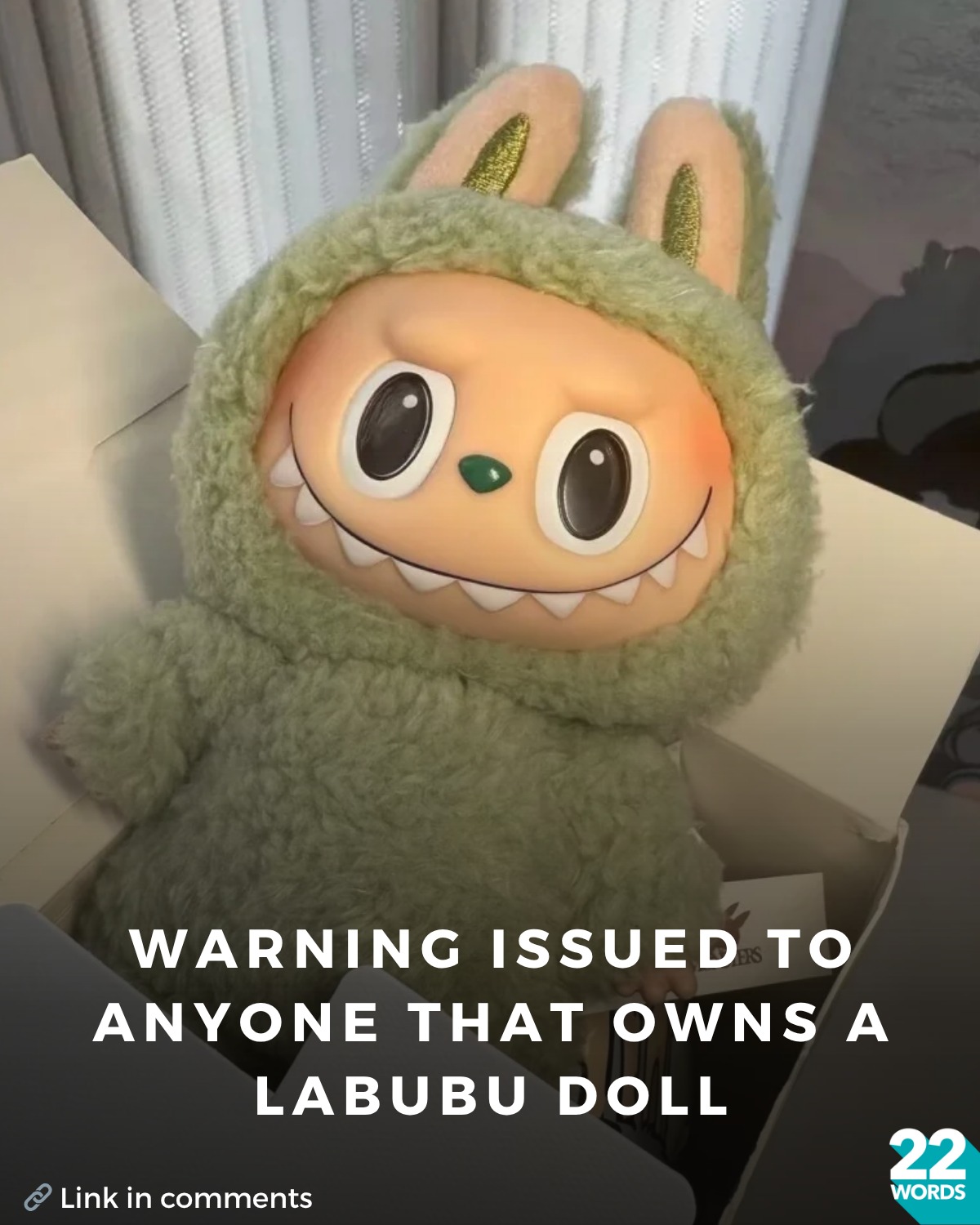Warning Issued To Anyone That Owns A Labubu Doll
**Labubu Craze Sparks Emotional Warning: Are Plushies Gen Z’s Coping Mechanism?**
In bedrooms, backpacks, and TikTok hauls across the globe, one tiny creature is quietly dominating Gen Z culture: the **Labubu doll**. With wide grins, odd shapes, and limited-edition appeal, these **Pop Mart collectibles** have become must-haves—but now, psychologists are issuing a **startling warning** about what the obsession might really mean.
—
### **What Are Labubu Dolls—and Why Are They Everywhere?**
Labubus, part of *The Monsters* line by artist **Kasing Lung**, are quirky, gremlin-like plushies that fuse childhood innocence with collector hype. They’re not alone—**Jellycats**, **Sonny Angels**, and Squishmallows also make up the ever-growing “**Trinket Core**,” a trend now essential to Gen Z identity.
From shelves to shoulder bags, plushies are more than accessories—they’re **social currency**, especially on platforms like **Whatnot**, which reports a **300% rise in Labubu sales** since March. In fact, some UK stores have paused in-store Labubu sales due to crowding.
—
### **Why Are Labubu Dolls So Addictive?**
At first glance, it may seem like Gen Z is simply embracing a nostalgic toy trend. But according to experts, it’s much deeper. **Dr. Tracy King**, a clinical psychologist, says plushie culture is a **coping mechanism**:
> “These objects offer comfort, control, and identity in an unpredictable world… They’re not just cute—they’re a form of emotional regulation.”
Dr. King and other psychologists argue that collectibles like Labubu provide **“micro-doses of joy”** and **stability** in an increasingly unstable world. From **economic anxiety** to **climate dread**, Gen Z is turning to plushies as tools of emotional repair.
—
### **A Warning Beneath the Whimsy**
While plushies can provide relief, psychologists warn against **emotional overdependence**:
* **Excessive spending**
* **Over-collecting**
* **Using plushies as a substitute for deeper emotional tools**
These behaviors may signal **unaddressed mental health issues**. Dr. King cautions:
> “Trinket culture is not shallow—it’s psychological survival. But it can become avoidance in disguise.”
In some cases, plushies are the only thing holding together a frayed nervous system—serving as soft shields in a hard world.
—
### **From Cute to Critical: What This Says About Gen Z**
With stars like **Dua Lipa** and **Lisa from BLACKPINK** flaunting Labubu accessories, these toys have evolved into **status symbols** and emotional anchors. But behind every plush shelfie might be a cry for **comfort, connection**, or **control**.
As Labubu mania continues, experts suggest a key takeaway: it’s okay to find **joy in softness**, but it’s also important to **build emotional resilience** in other ways too.
—
So the next time you spot a Labubu in someone’s bag or nestled on a bookshelf, remember: it’s not just decor. It might be a tiny, plush-shaped **lifeline in a chaotic world**.







Post Comment